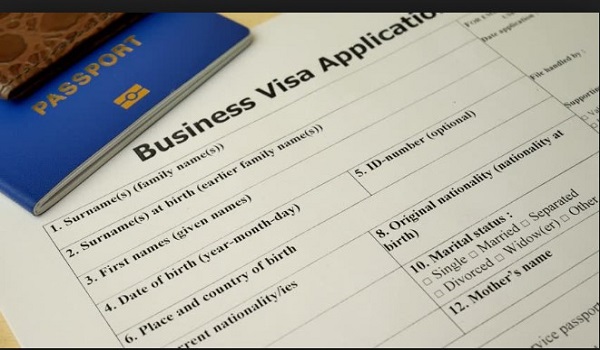Business visa is one of the categories of the visa issued to foreign nationals by the Embassy / High Commission / Consulate to those applicants seeking an entry into foreign country for a temporary period of time and does not involve any work related / billable activity. This is to be used for official business purposes only. It also covers employees who are granted visa on arrival / visa waiver based on their nationality or based on regional treaties that might enjoy, for example EU Nationals or MERCURSOR Treaty or APEC Card.
Visa Waiver
Many countries have provisions that waive the normal visa requirements for tourist and short term business visitors. These visa waivers benefits tend to be reciprocal and limited to citizens of specific countries (ie, those that extend similar benefits to local citizens). Additional requirements (eg, departure ticket) are sometimes imposed. Further, the countries that enjoy visa waiver privileges frequently change, making it important to check for updated information with a country’s consular post before making travel arrangements.
Transit Visa
A short-term visa that allows a foreign national individual to travel through the host country on his or her travels to a third country. The individual must be in transit through the country and is typically allowed to remain for a very limited time (e.g., 24 hours). A transit visa is typically used only by passengers in transit through the host country on their way to a third destination.
Business visa versus work permit
Employees must possess the correct visa for the activities to be undertaken in the foreign work location. When considering whether an employee requires a Business Visa or Work Permit it is important to consider several parameters. The employee’s activity in the chosen country will determine what is required.
There are generally few guidelines on what constitutes ‘work’, and therefore Government officials have broad discretion to determine if a person has breached immigration laws by ‘working’ on a business visa. There can be severe penalties for both our client and the individual if they are found to be working without authority. In circumstances where there is doubt or potential non compliance, Please use a conservative approach.
Generally a Business Visas is designed for short term travels and are only applicable where non productive work is being undertaken (attending meetings or conference, training in limited circumstances and fact gathering discussions). Business Visas can also be used for any non-revenue generating client visits.
Where productive work is to be undertaken, generally a Work Permit (or visa allowing productive work) will be required prior to arrival in the destination country. A work permit is necessary for an employee who will engage in producing economic activity (productive/billable work). A work permit is necessary regardless if an employee remains on home office payroll or is paid by the foreign company. A work permit is often required regardless of duration of stay. Examples (not exhaustive or limited to these definitions) of work which would normally require a Work Permit are provided below:
- Technical Work: includes such activities as the installation of equipment or processes during the implementation of a consulting contract.
- Technical Training of Others: As a general guide on the job training would require a work permit. This is particularly the case where work is to be off-shored to a lower cost country and where there is political sensitivity surrounding such activity. If the training is general classroom style training (where no formal qualification is awarded) and of a short period, generally a business visa may be appropriate.
- Productive work: A work permit is required where an employee is engaging in work that a local employee could undertake and/or home country is receiving revenue for the activity or project.
Business Visa Compliance
Factors that will impact an assessment of business visa compliance include:
- time in country – the longer the trip the more likely an employee’s activities may be considered work;
- number of visits to a country;
- time elapsed since the last visit;
- nationality – there may be more relaxed definitions between certain countries (e.g. with the European Union)
- payroll arrangements – employees can not be on the local payroll while on a short-term business visa


